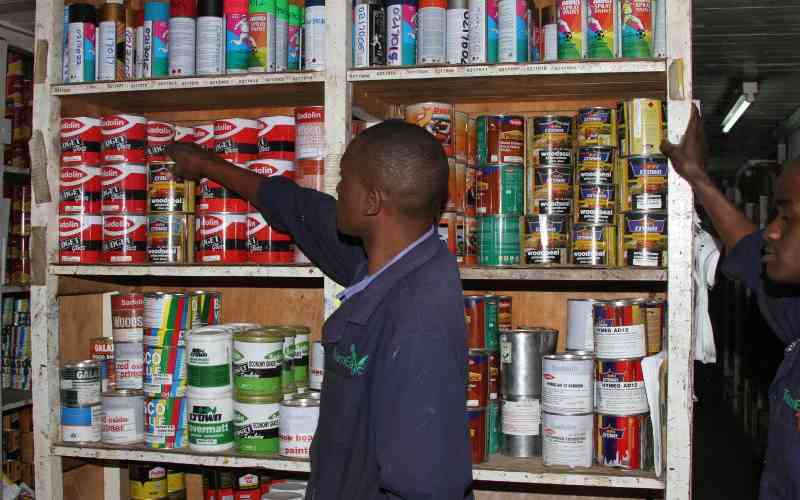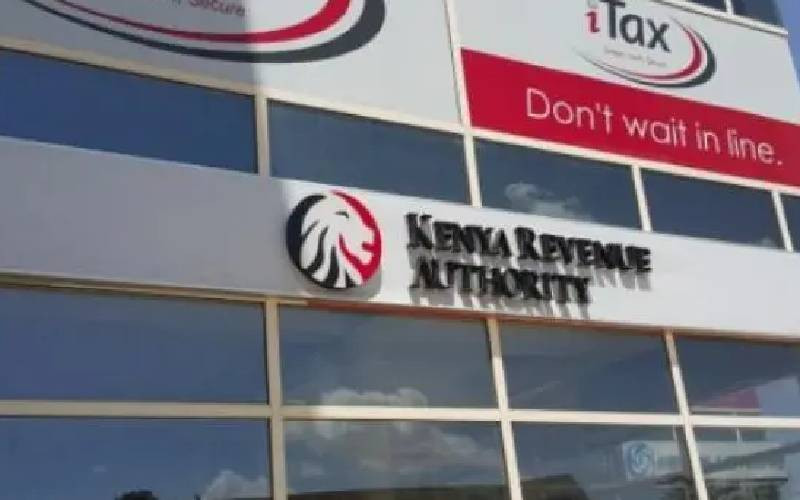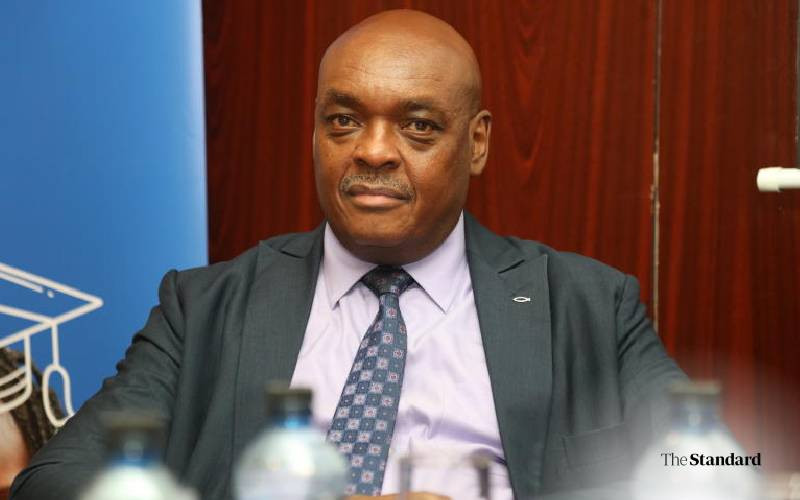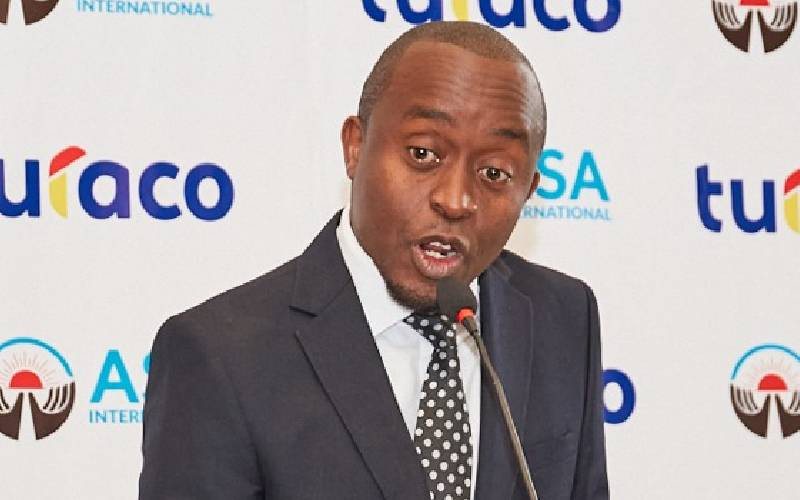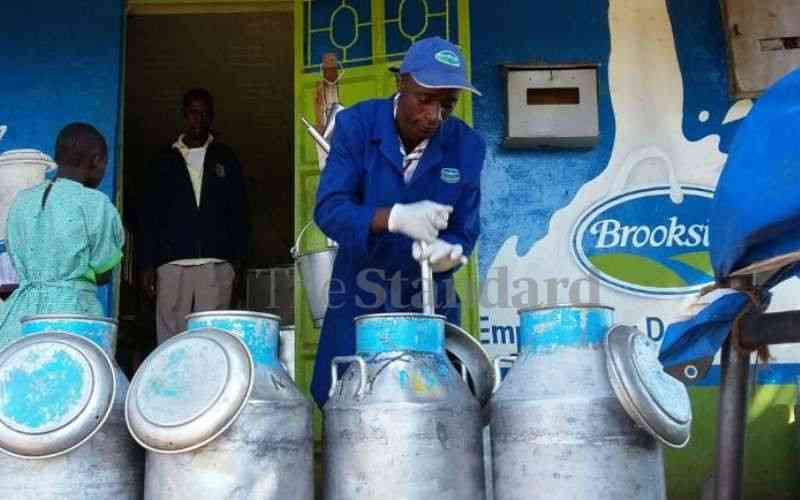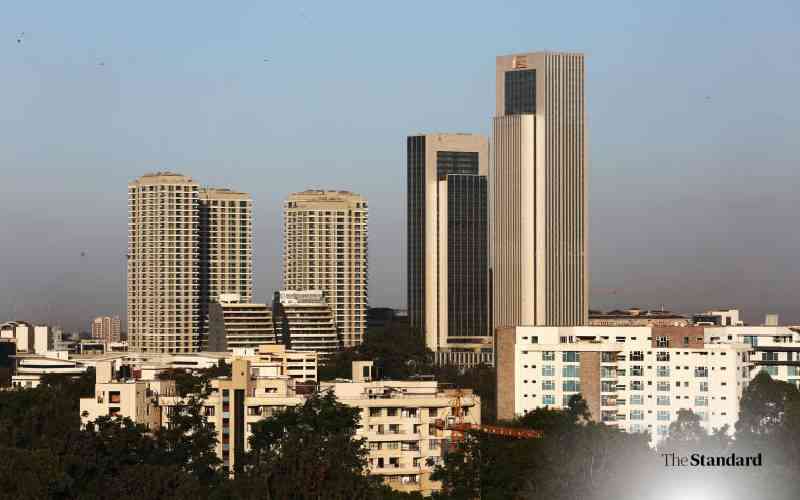
That voice. The voice that brought hope to a shattered nation. That voice. The voice that restoreddignity and assurance to a people maimed and traumatised. That voice. The voice that raised Kenya from its knees during its darkest and bloodiest hour.
“Big brother, do you know that your voice is what former President Moi and Kenyans needed to hear to regain confidence that the country had survived the 1982 coup? It is your voice too that almost got me killed” I told Leonard Mambo Mbotela, one beautiful sunny morning. His eyes lit up. He smiled, shook his head and asked me: “Shemeji, (in law), what exactly do you mean that my voice almost got you killed?” He used to call me Shemeji while my children referred to him as Babu (grandfather).
“That Sunday of August 1, 1982, I had joined my playmates in the playground ready for our weekend sporting events in Nakuru’s Kivumbini estate. Kamze, our colleague came running with his father’s Phillips radio handset. There was developing news of a coup. The Kenya Airforce had overthrown the government of President Daniel arap Moi. What caught our attention were the instructions given to our arch enemies, the police that; Wakae Kama Raiia.” I told Mambo as we sipped ginger tea.
“So, what happened?” He asked me impatiently.
“Without thinking through, we took off to the neighbouring police estate, to teach them a lesson. All estate boxers and martial artists joined me in the mad dash for vengeance. We entered the estate which looked deserted, but soon I had confronted two policemen. One of them suddenly pulled out a gun, held me by the neck and thrust it into my mouth. I found myself in a pool of sweat with my legs shaking violently. I struggled to breathe as the policeman squeezed the barrel of his gun further
into my mouth. I closed my eyes waiting for him to pull the trigger. Even as I mentally recited my prayers, I quietly cursed the wretched smell of stale cigarette and cheap alcohol spewing from his mouth.”
“And by the way, it is still your voice that enabled a young Provincial Commissioner Central Province David Musila to pull Vice President Mwai Kibaki out of the filthy, dusty and dump store at the Nyeri Country Club. When the coup was announced, through your voice, Musila sent senior police officers to Kibaki’s Othaya home to ensure his security. He was taken to the club and locked inside the store. For hours, he sat on the floor behind sacks of rice, cartons of milk and gallons of cooking oil. Only when you made the announcement later did Musila release Kibaki from the dungeon”
The few hours of the coup, Kenya, plunged into darkness. There was massive looting, especially in Nairobi and other urban centers. Thousands were gunned down as the army tried to restore order around the country. Businesses were destroyed. Women and girls, especially from the Asian community were brutalized and raped.
I had picked Mambo Mbotela from his Langata home and taken him to the Tamarid Hotel near the Carnivore for an urgent meeting. I needed his advice on matters that were gnawing at my soul. The coup attempt had a major effect on Leonard Mambo Mbotela’s life and career. Some soldiers had invaded his home in the wee hours and led him at gun point to the Voice of Kenya (VOK), studios. They forced him to read a statement announcing the overthrow of the Moi government.
Months after the coup had faded, Mambo was summoned to appear before the military court sitting at the Langata barracks. He had been listed as one of the suspects. Although he was never arrested, he received a written summon to appear before the court to: “explain my involvement in the attempted coup.”
“On the eve of the court appearance, I was extremely worried. What if I was detained or even executed? I presented myself for interrogation early in the morning. Ochuka, the main suspect was there. I now confirmed beyond doubt that he was the man who had come for me in my house in Ngara at 4.00am on the Sunday morning of August 1, 1982. It was him who sat with me in the front seat of the badly driven military Landrover as we sped to VoK. It was him who gave me directives as I announced the coup. Our eyes met. He looked frail, subdued and miserable. He was accompanied by his lawyer, Moses Wetangula. I was asked to explain the role I had played in the events of the coup. The judge, Peter Sidney Grey a Caucasian, had a strong commanding voice. I was asked to tell the court if the man in the dock, was the one who made me to make the announcement that Moi had been deposed. I answered in the affirmative.”
“Are you very sure?” Judge Grey asked.
“Yes, I am” I said.
The Judge looked me straight in the eye and asked, “What is your relationship with Ochuka? Do you know him personally?”
I told him I had never seen Ochuka before, until the day he came to my house to pick me.
Stay informed. Subscribe to our newsletter
“Why did he just choose you to make the coup announcement and not any other Voice of Kenya reporter?”
“Ochuka may have chosen me because I always run morning programmes.”
“How did he know where you stayed? And were you aware of his plans prior?” The mean-looking judge asked me short and precise questions. He wanted to know if I had met Ochuka to work on a plan to overthrow the government. I felt sick to the stomach. I spoke truthfully and candidly. I told the judge that Ochuka and his men had kidnapped a VoK driver who showed them my house. I told the court that I had no prior knowledge of the planned coup. I was also cross-examined by lawyer Moses Wetangula. There was an eerie silence as the judge consulted with other members of the jury. I was shivering and sweating. Grey, reputed for being a no-nonsense advocate and judge, had
already sent several people to prison over the coup attempt. I was relieved when he turned to me with what I thought was a smile and said, “You are innocent. This court finds you not guilty. You are free to go.” Mambo paused. We had to call the waiter to request that the tea be warmed again. It had gone cold. We spoke about his memoir which was being written by the late scholar and author Ken Waribora, before he was killed in April 2020. However, my student Masinde Kusimba had taken over the task
of helping this broadcasting legend put together his life story in book form.
“So, tell me, why have you invited me so urgently?” He asked me, “Big bro, you see this place where we are seated? It is here that in July 2021, five policemen with guns, handcuffed me, beat me into pulp and hauled me into a red Subaru Outback. I was driven to Embakasi police station and was soon charged with a crime I know nothing about. On that day I started a journey into hell that shattered my life. It is this journey that that has led me into writing my own book titled; Kabaa; A Prisoner’s Cry with a sequel titled; From Hell to Heaven.”
As I narrated my life’s journey, I broke down. I sobbed. I wept. I cried uncontrollably. I don’t know how long I had been in that situation but I found my Journalism senior mopping my eyes and patting me on the back: “Cry boy. Cry it out. It is good for the soul” he whispered.
We eventually had lunch. He told me that his great-grandfather, Mbotela Senior, born around 1865, hailed from the Yao Clan in Central Malawi. Around 1878, while he was a teenager, Mbotela Senior was captured by slave traders and put on a ship en route to Europe to be sold as a slave. However, the British, through a man called Bartle Frere, had negotiated a treaty with the Sultan of Zanzibar to end slave trade. As the ship sailed through the Indian Ocean, it was intercepted in Zanzibar by the anti-slavery team and re-routed to Freretown in Mombasa. Here, the would-be slaves were set free and given a place to live. Mbotela Senior settled in Mombasa.
Eventually, when the slave trade was abolished, the majority of the rescued slaves were allowed to call this place home. Even those from; Bombay, Malawi, Zanzibar, Southern Rhodesia (Zimbabwe), and Northern Rhodesia (Zambia), were settled Freretown. They were assimilated in the Kenyan coast and became part of the Swahili and Arab people. While in Freretown, Mbotela Senior got basic formal education, which enabled him to know how to read and write. He developed a good relationship with the missionaries and other Europeans. Eventually, he was recruited as a porter to accompany the whites who were by that time moving a lot, as businessmen under the Imperial British East Africa Company (IBEAC), missionaries or even explorers.
His first major assignment as a porter was in early 1885 when he was picked by the Church Missionary Society (CMS), office in Mombasa to accompany the party of Bishop James Hannington on a long trip to Uganda. They went on foot. Their caravan passed through thickets, mountains, forests, flooded rivers, wetlands and plain lands. The entourage went through the jungle of Taita (now Tsavo National Park), Ukambani, Maasailand, Kericho and down to Kakamega. Months later, they arrived in present at the home of King Nabongo Mumia of Wanga (now Mumias). They stayed there for several days before proceeding to Uganda.
When they arrived in Busoga, Uganda, Bishop Hannington was brutally attacked and killed by the soldiers of King of Buganda, Kabaka Mwanga. The Kabaka loathed Christianity, which was creeping into his territory. The majority of the Africans, who accompanied Bishop Hannington as; porters, cooks and security men, were killed. Only 10 out of 50, survived. Mbotela Senior was among the survivors.
It is said that Bishop Hannington told his murderers before he died: “Go, tell your King (Mwanga) that I have purchased the road to Uganda with my blood. “Mbotela Senior teamed up with other survivors and walked back to Mombasa. The journey took them six months.”
“By the way Caleb, I hope your rough experience did not make you fear death. As Christians we should be ready to die any time” he told me.
“On the contrary, I learnt the secret to longevity. I have come to know that one can negotiate with God on how long to live. But you must live right with God” I told him.
“What? Are you serious that you want to outlive Methuselah and Noah?”
“Big bro, I can confidently state that with the scientific and spiritual knowledge that I have, those who indulge in my formula will choose to live to a 100 and beyond” We agreed to delve into the; fitness, health and wellness topic at another day.
Mambo Mbotela recalled that on Saturday July 5, 1969, at around 1:30 pm, he was walking along Government Road (now Moi Avenue), with his colleague Elizabeth Akinyi. They had just finished their duty.
“We were chatting and cracking jokes after a busy morning schedule. We then heard the commotion ahead of us. People were shouting “mtu ameuawa! mtu ameuawa!” (Someone has been killed! Someone has been killed!). We arrived at the scene immediately and saw a body lying next to a Mercedes Benz vehicle. It was a man in jeans trousers and a t-shirt.
“That is Tom Mboya’s car!” I told Akinyi.
I must have shouted because members of the public turned to look at me. The police arrived very fast at the scene. I looked at the body keenly and told the growing crowd; “huyu ni Waziri Tom Mboya ameuawa” (This is Minister Tom Mboya who has been killed!)
I keenly listened to Mambo as he told me stories about Kenya, the world, the leaders he had interacted with, his people and even the wild. His powerful baritone had a soothing effect. I’m still in saddened that the owner of this voice has gone before we could discuss longevity. But his voice still reverberates across mountains and ridges. It sweeps through the silent rivers and thunders into the Indian Ocean where its roots rest. It is my hope that it will haunt our greedy and ill-mannered leaders to remind them: “Je, huu ni ungwana” …I pray that shame will stir them into changing their ways as a sign of respect for this fallen legend.
